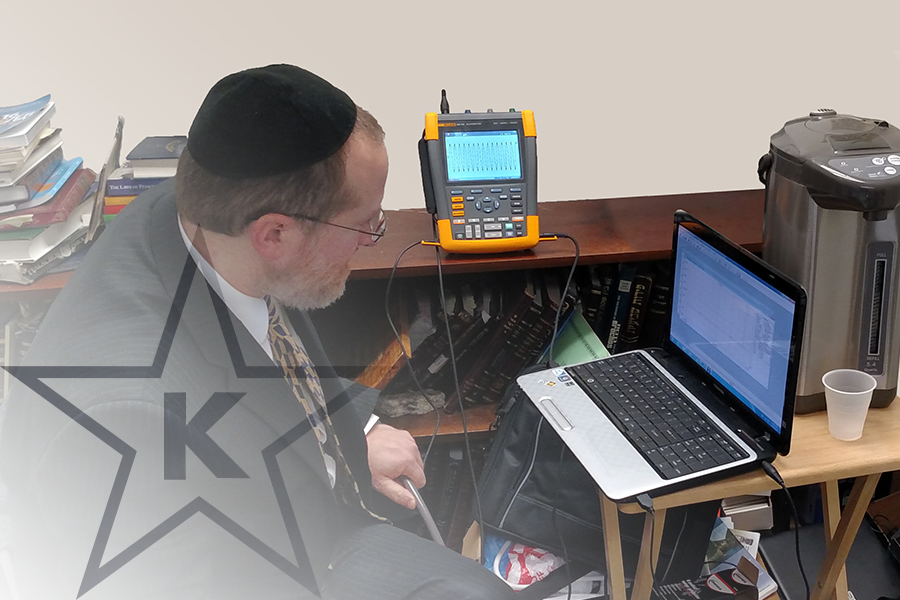Kashrus Kurrents Winter 2025 Issue | Updated February 2025
Eretz Yisroel is also called Eretz Tzvi. Chazal explain that, like the skin of a tzvi (a deer), which stretches beyond its natural state, the Land of Israel likewise expands to accommodate its inhabitants.[1] The Talmud states that anyone who walks four amos in Eretz Yisroel merits a place in the World to Come.[2] From here, some poskim derive that one fulfills a mitzvah merely by visiting Eretz Yisroel, even if one intends to stay for just a short while.[3]
Anyone planning a trip should be mindful of several pertinent halachos. We will review some of these below.
Scheduling the Flight
Do not plan to land too close to Shabbos; a flight landing on Friday morning is halachically acceptable.[4]
Try to avoid leaving Israel on a fast day, as the fast will be extended and you will not […]










 STAR-D
STAR-D STAR-S
STAR-S